

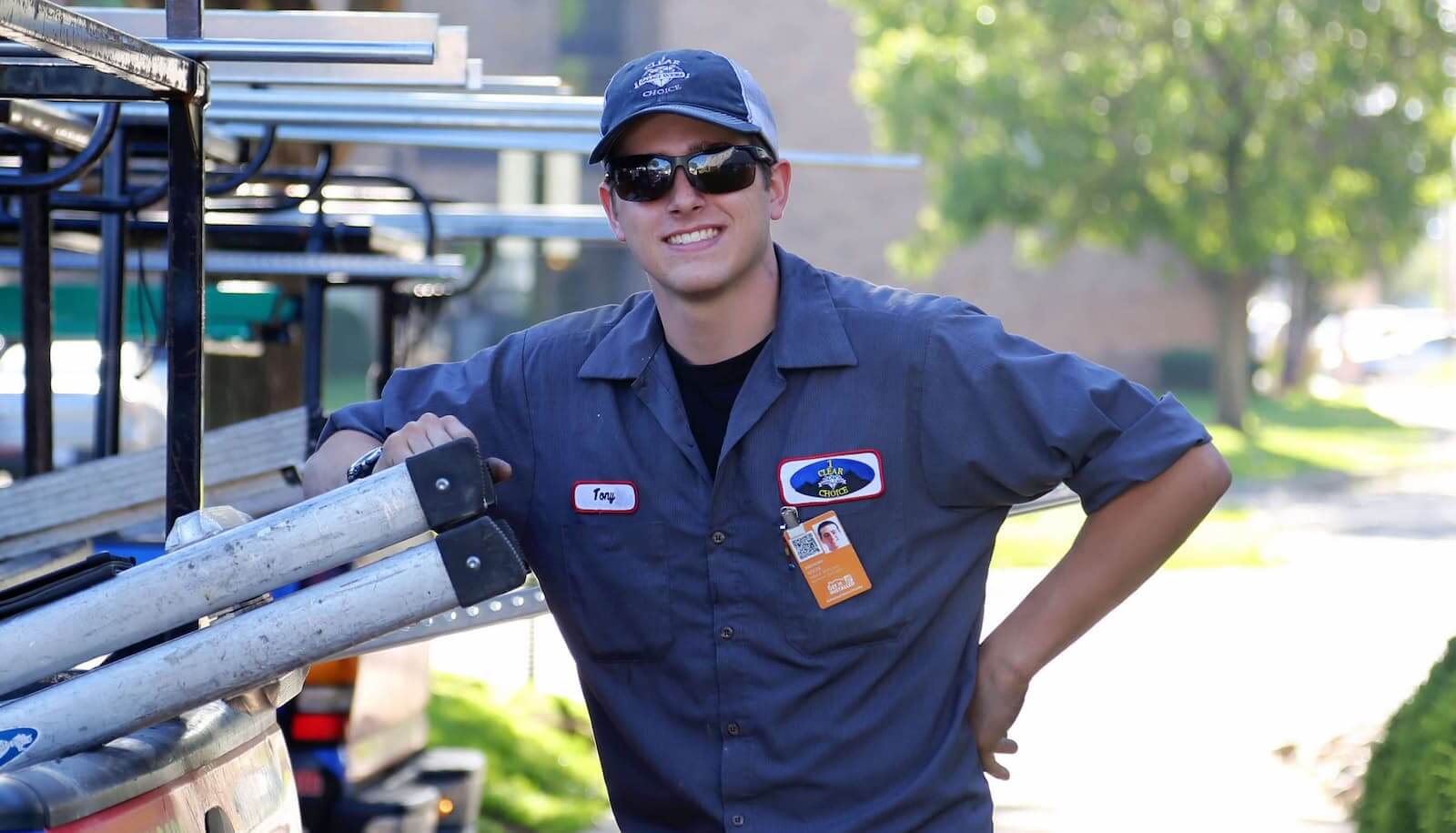

If your garage door is producing unsettling noises, it could be indicative of more significant underlying problems. Typically, noisy doors are a symptom of components not running smoothly, and one of the primary culprits is often the rollers.
Most standard garage doors come equipped with ten rollers, but here's the catch – builders often opt for the cheapest possible rollers to cut costs. Utility rollers, available in steel and vinyl, are commonly used, but they are not designed for long-term durability.
Steel rollers act as a warning system, emitting clicking, popping, wobbling, dragging, scraping, and grinding sounds when it's time for a replacement. These signs are not to be ignored, as bad rollers put your garage door at risk for cable loss, the first stage of an off-track situation.
Take a look at the pictures below to recognize signs of bad vinyl utility rollers, including drag damage that can lead to a compromised garage door position in the track. Immediate replacement is crucial to prevent the risk of the door coming off track.
Utility rollers go bad inside of two years, depending on the weight of the door. These rollers are actually good rollers that have not been serviced. Failure to service your rollers will cause a good steel roller to go bad. Once the rollers start to go bad, you can lube them; they will get quiet, but they will still be bad and should be changed out immediately in order to ensure that your door continues to work properly.
Steel rollers, while durable, can also create a shrill sound when they grind, bind, and drag.
Regular maintenance is key to preventing loud, binding rollers that jeopardize your garage door's stability.
Utility rollers, regardless of material, typically go bad within two years, depending on the door's weight. Even seemingly good steel rollers can turn bad without proper servicing. If your rollers start showing signs of wear, lubrication may provide a temporary solution, but changing them out immediately is essential for the continued proper function of your garage door.
Don't wait for a small issue to turn into a major problem. Contact us today for roller inspection and replacement services, ensuring your garage door operates smoothly and quietly for years to come.

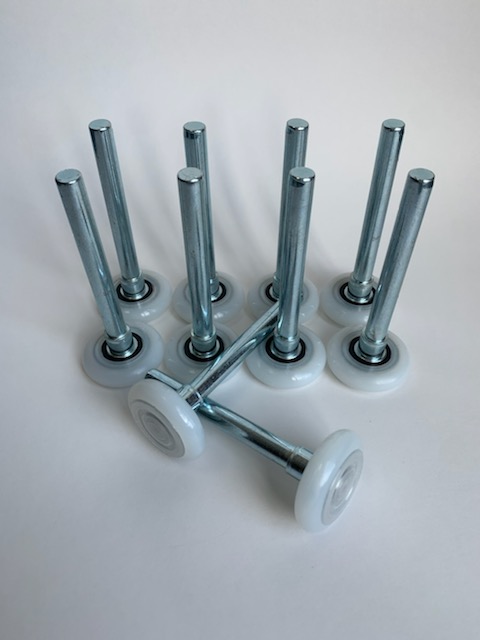

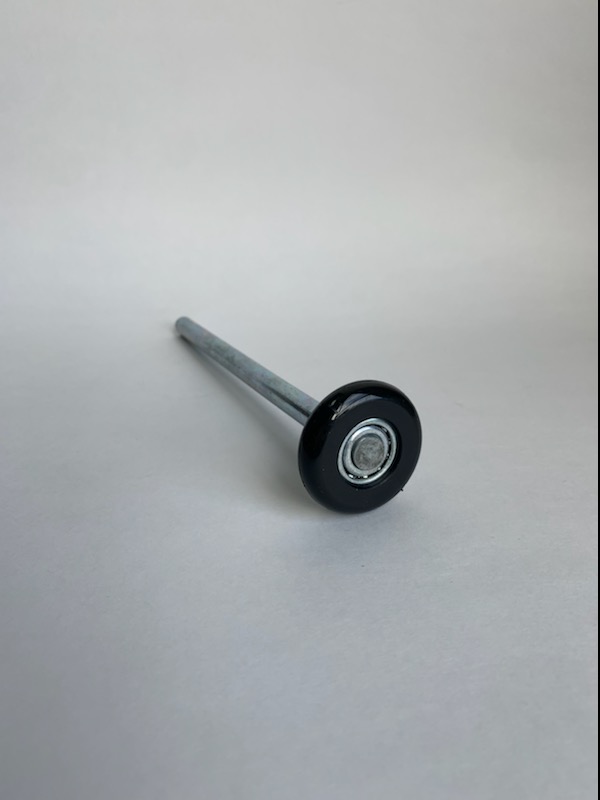
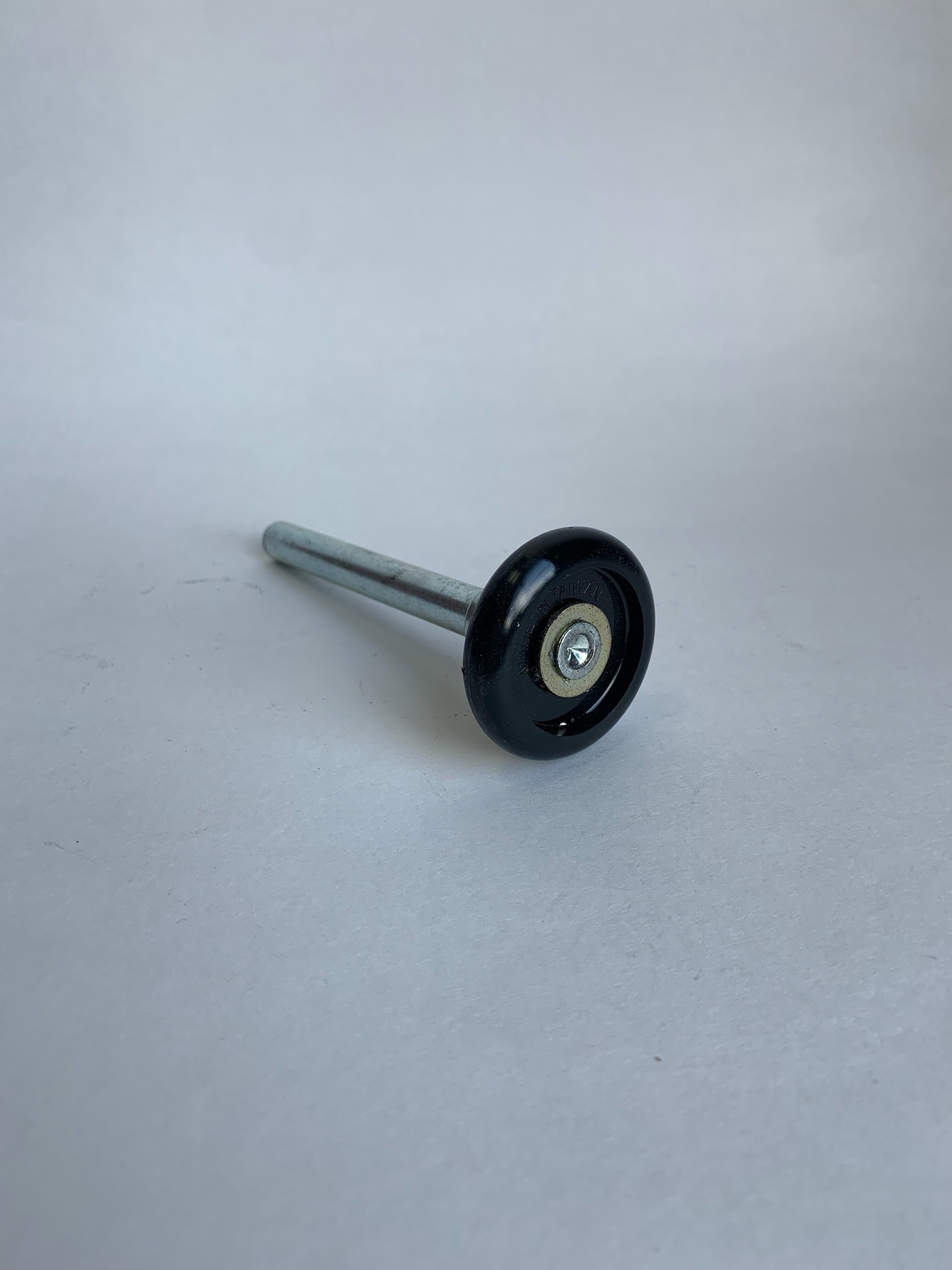
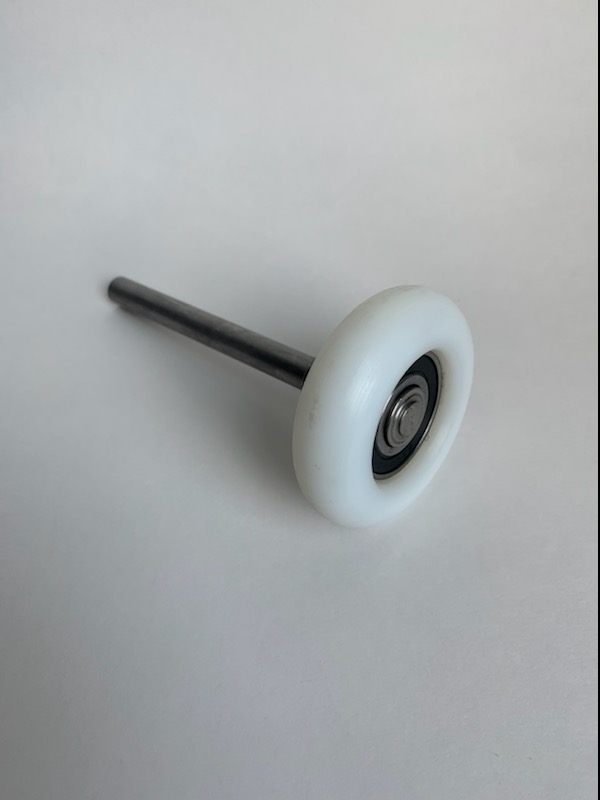
Common signs that your garage door rollers may need replacement include unusual noises during operation, such as grinding or squeaking sounds. If the door appears to be uneven or gets stuck while opening or closing, it could be a sign of worn-out rollers. Additionally, if you notice visible wear and tear, such as cracks or flat spots on the rollers, it's advisable to consider replacement to prevent further damage to the door mechanism.
While some homeowners with advanced DIY skills may attempt to replace garage door rollers themselves, it's often recommended to hire a professional for this task. Garage doors are heavy and under tension, and incorrect installation can lead to safety hazards and further damage. Professionals have the necessary expertise and tools to ensure a smooth and safe roller replacement. If you are unsure about your ability to perform the replacement, it's best to consult with a professional technician.
Garage door rollers come in various materials, including nylon, steel, and plastic. Nylon rollers are known for their quiet operation, while steel rollers are durable and suitable for heavy doors. The choice depends on factors such as the door's weight, your budget, and your preference for noise levels. It's recommended to consult with a garage door professional who can assess your specific door and provide guidance on the most suitable type of rollers for your needs.

